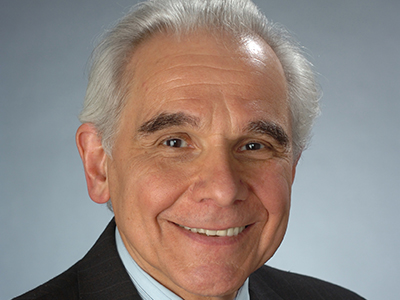Student’s Mobile Upcycled Clothing Business Turns Trash Into Treasures
When junior Ava Lubkemann, an environmental engineering major in the College of Engineering and Computer Science, was growing up, her parents taught her the sensibility of re-using goods, thrifting what she needed and making the best use of everything she…


